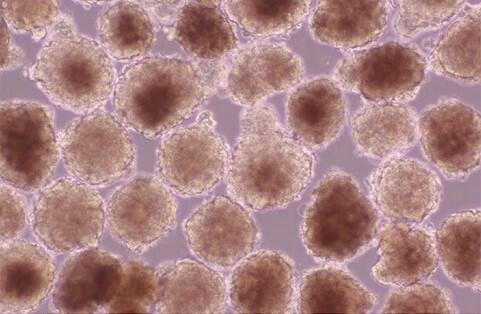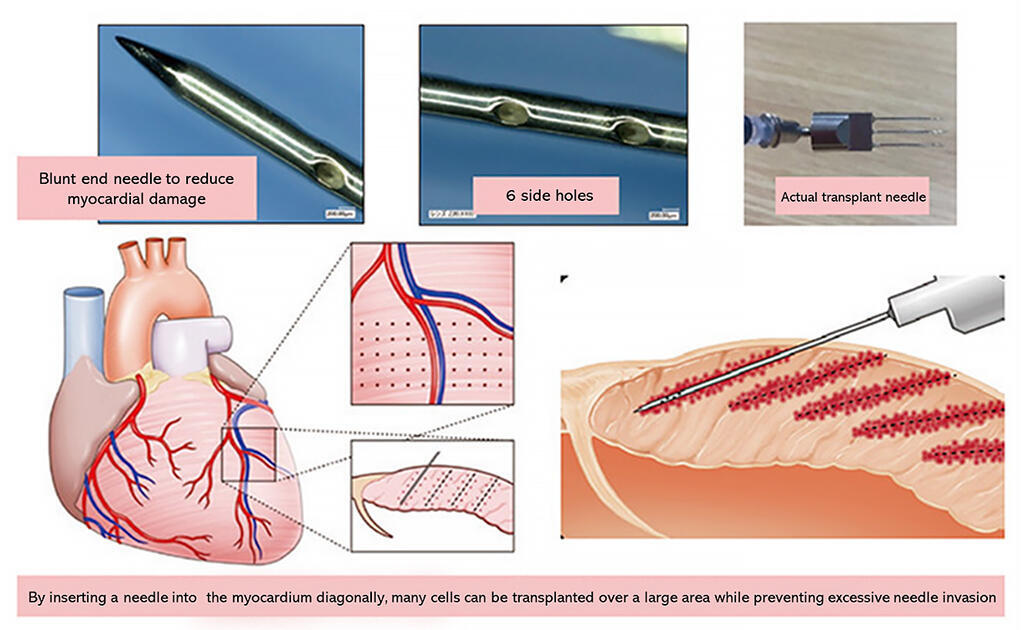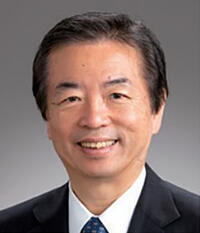Heartseed Inc. is working toward a new treatment for heart diseases called myocardial regenerative medicine using induced pluripotent stem (iPS) cells. Once it is put to practical use, this treatment is expected to contribute to the long-term improvement of cardiac function in patients with severe heart failure. The strategic efforts of Heartseed Inc., including its global expansion into high technology and active collaboration with major overseas companies, are considered to be a role model for Japanese ventures in regenerative medicine, and the company is expected to grow significantly in the future.
Developing a therapy of transplanting iPS cell-derived cardiomyocytes into the heart of patients with severe heart failure
Heartseed Inc. is conducting research and development aimed at the practical application of myocardial regenerative medicine using iPS cells. Myocardial infarction, myocarditis, and side effects of anticancer drugs can lead to the loss of cardiomyocytes. Because the myocardium does not regenerate, myocardial insufficiency due to this cell loss can result in heart failure. The company has developed a therapy in which microtissues, called cardiac spheroids, are transplanted to the area with reduced left ventricular contraction, using a specialized transplant needle. These cardiac spheroids are regenerated from highly purified ventricular muscle cells derived from iPS cells. The transplanted myocardial microtissue engrafts in the patient's heart and contracts synchronously with it. Moreover, it can treat heart failure radically, as the transplanted cells gradually grow (enlarge) over time, replacing the deficient myocardium.
The strength of Heartseed Inc. lies in its continuous success in developing new technologies in collaboration with the Department of Cardiology at Keio University. These include technologies for producing high-quality iPS cells; for generating only ventricular muscle cells from iPS cells; for producing cardiac spheroids of high purity by removing unwanted cells, such as residual iPS cells; for aggregating the regenerated myocardial cells into myocardial microtissues and efficiently transplanting them; and for developing specialized transplant needles that minimize injury to the transplant site.
Heart failure affects approximately 1.2 million people in Japan, 6 million people in the USA, and 26 million people worldwide. Although heart transplantation is effective, it is not a popular medical treatment because of the general shortage of donors. Heartseed Inc. plans to conduct clinical trials for this new technology in Japan and overseas in the future. In Japan, the company's products are developed in-house. However, plans are in motion to develop the products overseas in partnership with Novo Nordisk Pharma Ltd., the world's seventh-largest pharmaceutical company, and to develop the business with a global perspective.

Development of tumorigenesis suppression technology that holds the key to the success of iPS cell medicine
The iPS cells developed by Professor Shinya Yamanaka are considered to be the trump card for next-generation regenerative medicine, as they can differentiate into a variety of cells in vitro. In reality, however, residual iPS cells often remain among the differentiated cells, and the transplantation of such cells can result in the formation of a tumor called a teratoma. This is not a problem when transplanting a small number of cells, as in the field of ophthalmology. However, cardiomyocyte transplantation for heart failure requires a large number of cells (hundreds of millions of cells), in which case residual iPS cells can become a major problem. Moreover, non-myocardial cells may cause wall fragility and fibrosis if transplanted into the wall of the heart. This means that, non-myocardial cells must be removed completely before the myocardial cells can be transplanted. Despite the great unmet need for heart failure treatments, iPS cells have not been clinically applied because of these unresolved technical issues.
The key to the success of Heartseed Inc. was the development of the technology that can completely remove residual iPS cells and non-myocardial cells after inducing the differentiation of cardiomyocytes. The company acknowledges that the development of this technology was made possible largely through the guidance of Professor Makoto Suematsu of the Department of Chemistry at the Keio University School of Medicine and the extensive cooperation of Ajinomoto Co. Inc. Since cardiomyocytes and iPS cells have significantly different properties, it was hypothesized that they would also differ in cellular energy metabolism. From this, Professor Suematsu was asked to perform a metabolomic analysis of the two types of cells to clarify the differences. It was found that iPS cells rely heavily on glucose and glutamine as metabolic substrates instead of the citric acid cycle or oxidative phosphorylation. In contrast, cardiomyocytes depend on the citric acid cycle and oxidative phosphorylation, in which the process of "lactic acid → citric acid → citric acid cycle → oxidative phosphorylation" occurs if lactic acid is present, even in the absence of glucose and glutamine. Then, through trial and error, Ajinomoto Co. Inc. created the best culture solutions necessary for regenerative medicine, including one that contains excess lactic acid without glucose and glutamine (myocardial purification medium). The top executives of Heartseed Inc. believe that organic collaboration between academia and companies like in these advancements is the key to the success of university-originated ventures.

Research on regenerative medicine is very active in Japan, and the seeds for many ideas have been growing. However, the power of academia alone is insufficient for ensuring the success of ventures in regenerative medicine, and experts in the areas of research and development, cell manufacturing, clinical development, quality control, regulatory response, capital policy, investor relations, patent policy, finance, human resources, accounting, and general affairs are necessary. Fortunately, Heartseed Inc. was able to bring together experts in all of these areas and to clarify its entry strategy for overseas markets. The company's top executives believe that creating a structure that can provide excellent human resources to venture companies and establishing a support system for them are important for ensuring the success of other Japanese academia-originated venture companies that emerge in the future.

Keiichi Fukuda
CEO and Representative Director of the Board, Heartseed Inc.




